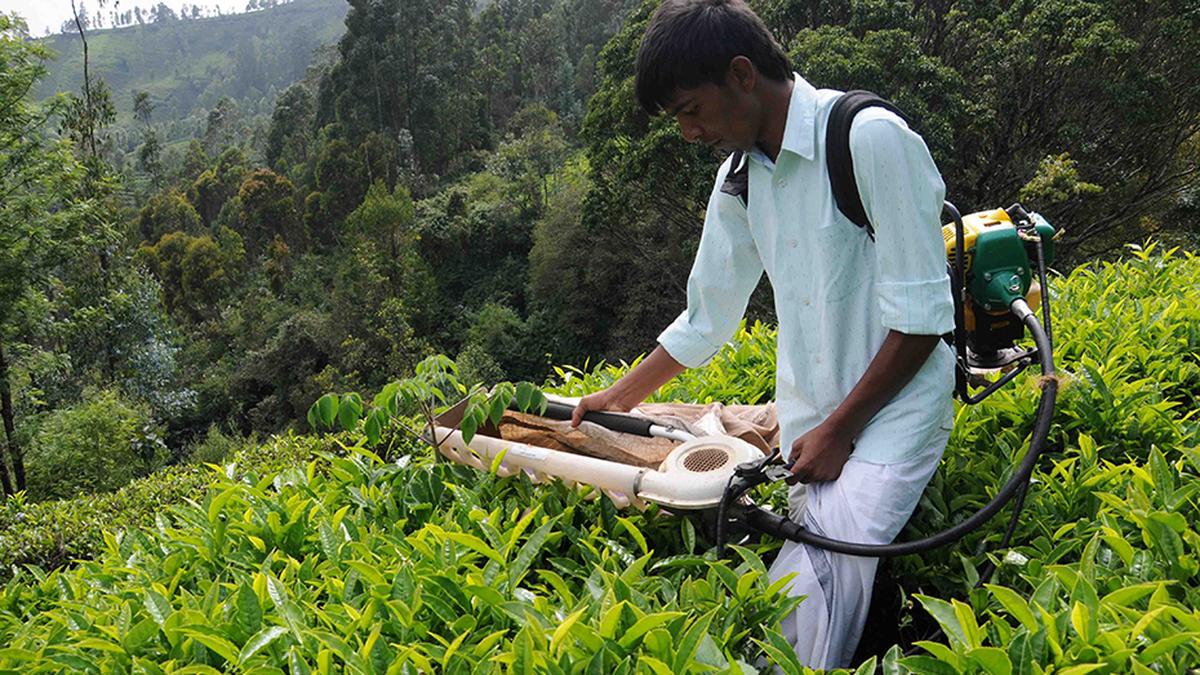
Climate concerns, economic challenges take centre stage at National Small Tea Grower’s Conference
The Hindu
At the National Small Tea Grower’s Conference 2023, challenges such as climate adaptation and economic threshold limits were discussed. STGs, owning up to 25 acres of land, contribute to 60% of India’s and Assam’s tea production. Piyush Goyal, Minister of Commerce and Industry, highlighted the need for sustainable solutions to address climate change and encouraged innovation across the tea supply chain.
Climate adaptation concerns and maintaining economic threshold limits were some of the challenges underscored at the National Small Tea Grower’s Conference - 2023, tipped to account for 60% of India’s and Assam’s total tea production in the next decade.
An Small Tea Grower (STG) is defined as a person who has a ta cultivation of up to 25 acres but most growers own less than 2 acres of land in remote areas. Tea estates owned individually or by companies often attribute the dip in the quality of tea to the STGs.
“It is crucial for the organised sector and government bodies to support the STGs in their journey towards quality tea production,” Prabhat Bezbaruah, the former chairman of the Tea Board of India said at the National Small Tea Grower’s Conference 2023 in Guwahati on Friday.
The conference was jointly organised by Solidaridad, which champions the cause of the small and marginal farmers, workers, and miners, and the Confederation of Indian Small Tea Growers’ Associations (CISTA).
“The segment of the STGs is one of the most revolutionary and dynamic elements in the Indian tea industry. We must ensure their sustainable development and empower them with the knowledge and resources required to produce high-quality teas,” Bijoy Gopal Chakraborty, the chairman of CISTA said.
Celebrating the significant contributions of the STGs to the country’s economy, the Minister of Commerce and Industry, Piyush Goyal emphasised the pivotal role they play in the tea sector. He highlighted the importance of promoting organic and GI-tagged teas through brand marketing, leveraging India’s position as a one-stop destination for tea varieties, and targeting high-value markets like Europe, the United States, and the Middle East.
He also stressed the need for sustainable solutions to address climate change challenges and encouraged innovation across the entire tea supply chain.











